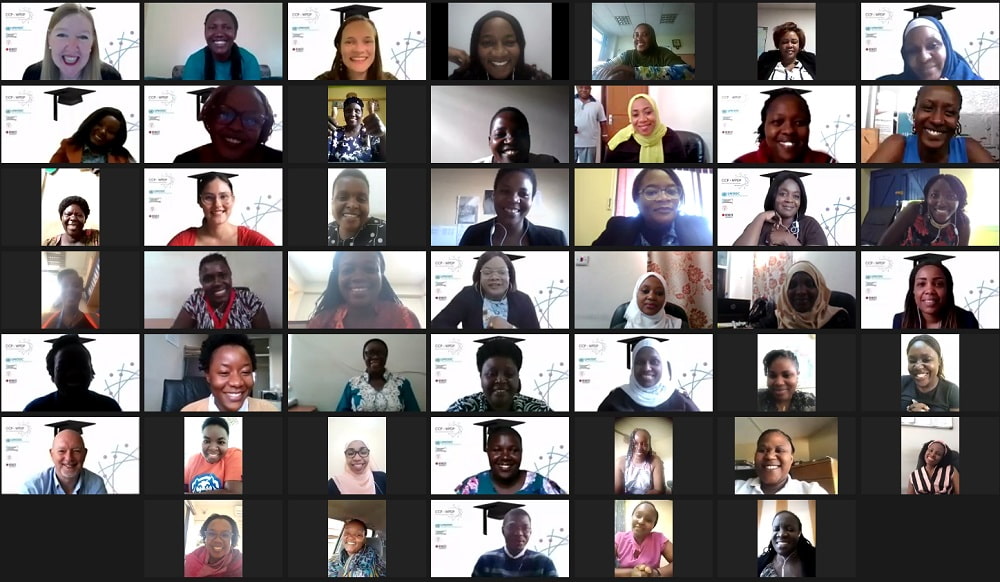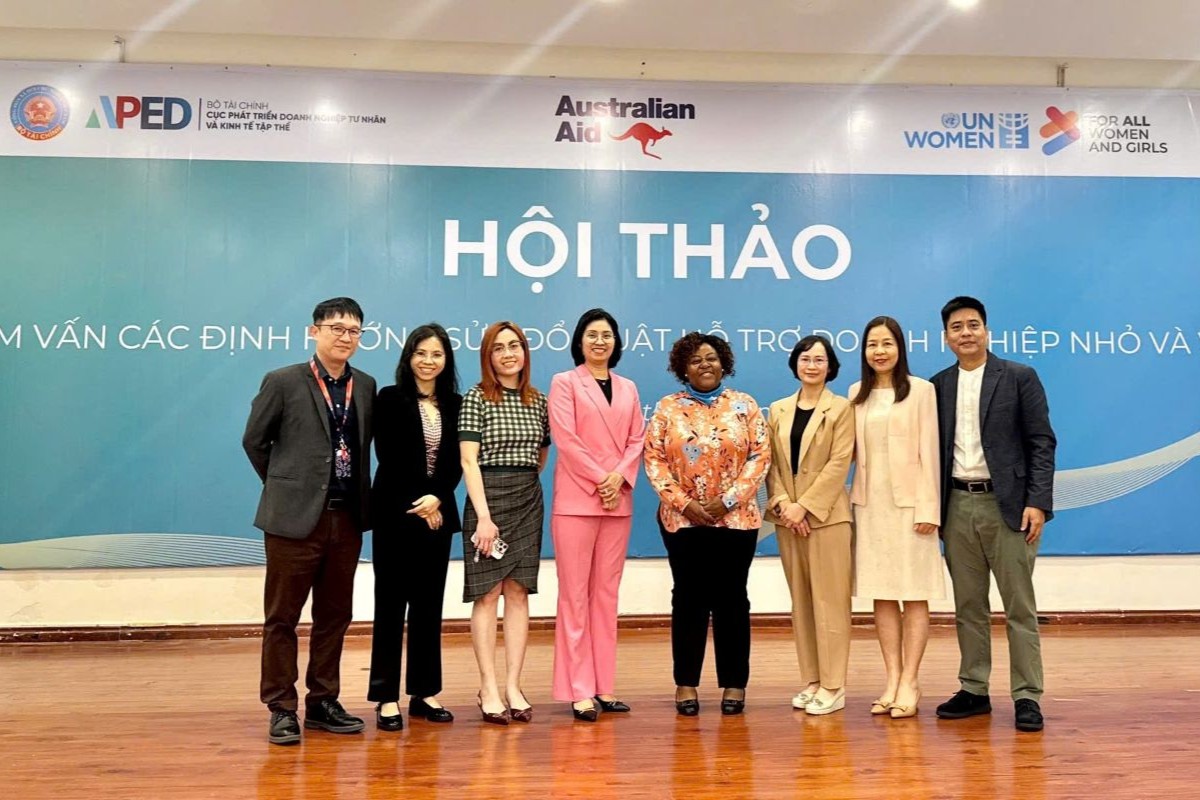Through a diverse virtual curriculum and a range of interactive workshops, the CCP-WPDP offered opportunities for women to develop their leadership skills and build their confidence to create a vital professional network across the region.
Creating positive leadership pathways and new opportunities for women was a key objective of this program, as CCP-WPDP founder and UNODC Programme Officer Anne-Linn Jensen explained:
“Border control officers across Eastern and Southern Africa manage a highly complex portfolio of activities to protect national borders and enable legitimate trade. Through the CCP-WPDP we are providing an opportunity for emerging women leaders to build trusted networks and strengthen leadership to combat the global movement of illicit goods more effectively.”
Mr Phillip Dowler, Associate Director of the Transnational Security Centre at RMIT University, noted:
“Through this first ever CCP-WPDP program in Africa, we were able to connect highly motivated and incredibly capable women with strong role models from international agencies and the private sector. We are committed to ensuring that women leaders have the capacity and confidence to perform competitively alongside male counterparts in their operational and leadership roles.”
Participants embraced the opportunities for learning and connection during the CCP-WPDP. They graduated with a new mindset and critical skills for leadership, and a new-found confidence in themselves. Moreover, they have created a strong and trusted regional network to support and advance their leadership journeys.
Ms Gyllian Kwamboka Nyang’au, a participant from Kenya with 24 years of experience in airport security, reflected after completing the program: “Illicit activities affect all of us. To prevent and disrupt illicit movement of goods and people, we need to be united in our quest and no one person, agency or country can do it alone.”
“Now more than ever I am determined and ready to learn more, share my experience, and mentor upcoming leaders. My wish is that as sisters in border control, we remain committed to this noble task of keeping our borders safe and make the world a better place for us and generations to come,” she said.
Having been with the Ghana Narcotics Control Commission for ten years, Ms Elaina Annor-Agyapong has attended several international professional development courses during her career with the agency. She found that what set the CCP-WPDP apart was the emphasis on maintaining a network of female border control leaders, championing female inclusion in male dominated spaces, and offering mutual support.
“I now have new contacts from 45 fellow women law enforcement agents who identify with my struggles as a female leader and are there to support each other in our leadership journey,” she said.
Story: Anneka Farrington, Anita Dodds and Ngoc Hoang





